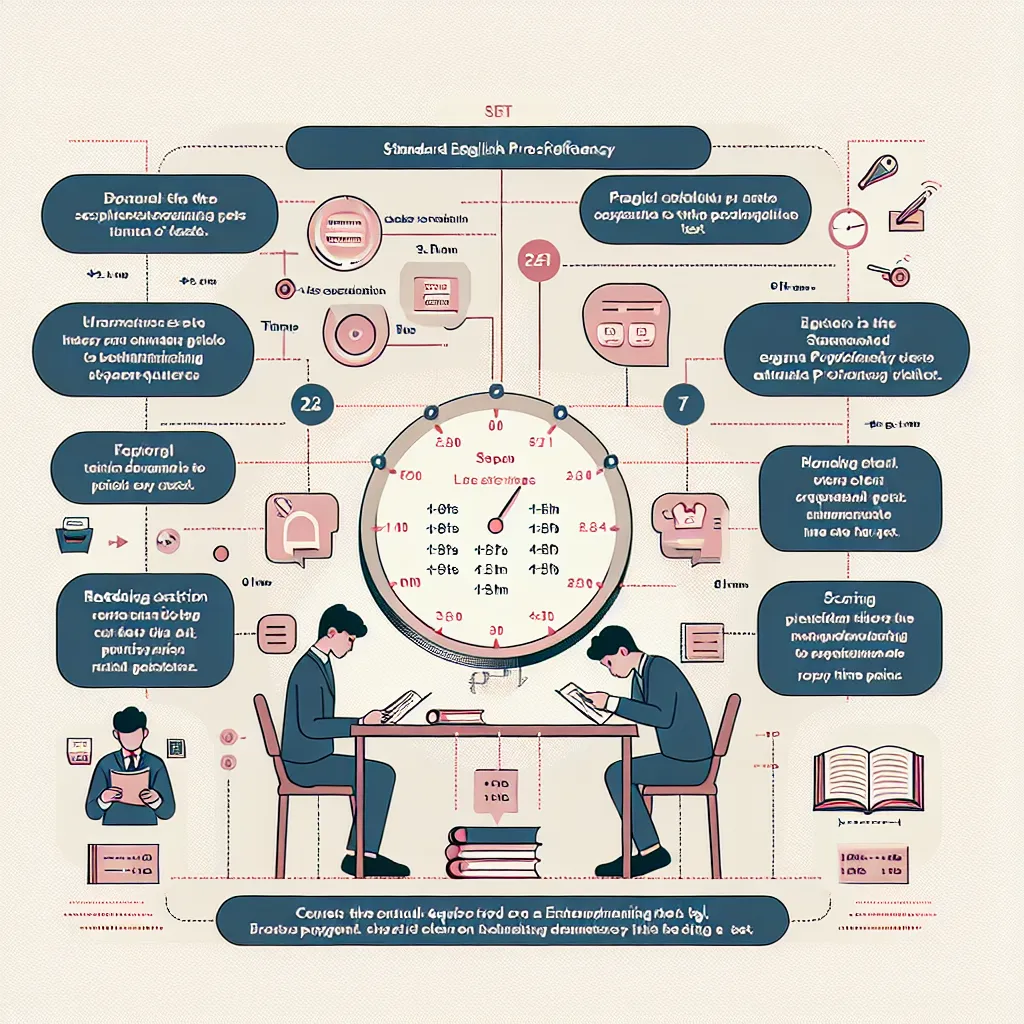Are you preparing for the Pearson Test of English (PTE) and wondering about the optimal time to study? You’re not alone. Many test-takers grapple with this question as they plan their preparation strategy. In this comprehensive guide, we’ll explore the best times to study for the PTE exam, considering various factors that can influence your learning efficiency and exam readiness.
Understanding the Importance of Timing in PTE Preparation
Before diving into the specifics of when to study, it’s crucial to understand why timing matters in PTE preparation. The PTE is a comprehensive English language proficiency test that assesses your speaking, writing, reading, and listening skills. Effective preparation requires not just dedication but also smart planning.
The Impact of Timing on Learning Efficiency
Research in cognitive science has shown that the timing of study sessions can significantly impact learning outcomes. Factors such as your circadian rhythm, daily energy levels, and external commitments all play a role in determining the best time for you to study.
 PTE Study Timing
PTE Study Timing
Best Times to Study for the PTE Exam
1. Early Morning (5 AM – 8 AM)
Many successful PTE candidates swear by early morning study sessions. Here’s why:
- Your mind is fresh and well-rested after a good night’s sleep.
- There are fewer distractions, allowing for better concentration.
- It sets a productive tone for the rest of the day.
Pro Tip: Start with more challenging tasks like speaking or writing practice during these hours when your cognitive abilities are at their peak.
2. Late Morning to Early Afternoon (10 AM – 2 PM)
This time slot is ideal for those who aren’t early birds:
- Your body temperature rises, improving cognitive function.
- It’s a good time for tasks requiring high alertness, like reading comprehension or listening exercises.
Remember: If you choose this time slot, ensure you’ve had a nutritious breakfast to fuel your study session.
3. Evening (6 PM – 9 PM)
Evening study sessions can be effective, especially for:
- Reviewing material you’ve learned earlier in the day.
- Practicing less intensive tasks like vocabulary revision.
- Those who feel more alert in the evening.
Caution: Avoid studying too close to bedtime as it may interfere with your sleep quality.
Factors to Consider When Choosing Your Study Time
Personal Circadian Rhythm
Everyone has a unique biological clock. Some are night owls, while others are early birds. Identify your most alert and productive hours and align your PTE study schedule accordingly.
Daily Commitments
Consider your work or school schedule. If you have a full-time job, you might need to study early in the morning or in the evening. Part-time workers or students might have more flexibility.
Environmental Factors
Choose a time when you have access to a quiet, distraction-free environment. This might mean studying early in the morning before others wake up or late at night when the household is quiet.
 PTE Study Environment
PTE Study Environment
Creating an Effective PTE Study Schedule
1. Consistency is Key
- Set a regular study time and stick to it.
- Your brain adapts to routines, making learning more efficient over time.
2. Balance Different Skills
- Allocate time for all four PTE skills: speaking, writing, reading, and listening.
- Focus on your weakest areas during your peak alertness hours.
3. Incorporate Breaks
- Use techniques like the Pomodoro method (25 minutes of study followed by a 5-minute break).
- Regular breaks prevent burnout and improve information retention.
4. Adapt and Adjust
- Be flexible and willing to adjust your schedule if you find certain times aren’t working for you.
- Pay attention to when you feel most productive and focused.
Common Mistakes to Avoid
- Cramming late at night: This can lead to poor sleep quality and reduced cognitive function the next day.
- Inconsistent study times: Irregular schedules can hinder the formation of effective study habits.
- Ignoring your natural rhythm: Forcing yourself to study at times when you’re naturally less alert can be counterproductive.
- Overlooking the importance of rest: Adequate sleep and relaxation are crucial for effective learning and memory consolidation.
Next Steps in Your PTE Preparation Journey
Now that you understand the importance of timing in PTE preparation:
- Assess your schedule: Look at your daily routine and identify potential study times.
- Experiment: Try studying at different times for a week and note when you feel most productive.
- Create a study plan: Based on your findings, develop a structured study schedule.
- Track your progress: Regularly assess your improvement in different PTE skills and adjust your study times if necessary.
- Practice with real PTE materials: Use official PTE practice tests to familiarize yourself with the exam format and timing.
Remember, the best time to study for the PTE exam is when you can consistently dedicate focused, quality time to your preparation. By aligning your study schedule with your natural rhythms and daily commitments, you’ll maximize your learning efficiency and increase your chances of success on test day.
Are you ready to optimize your PTE study schedule? Start by identifying your most productive hours and create a study plan that works for you. Share your experiences or ask questions in the comments below, and don’t forget to check out our other articles on PTE preparation strategies for more valuable insights!
[internal_links]




